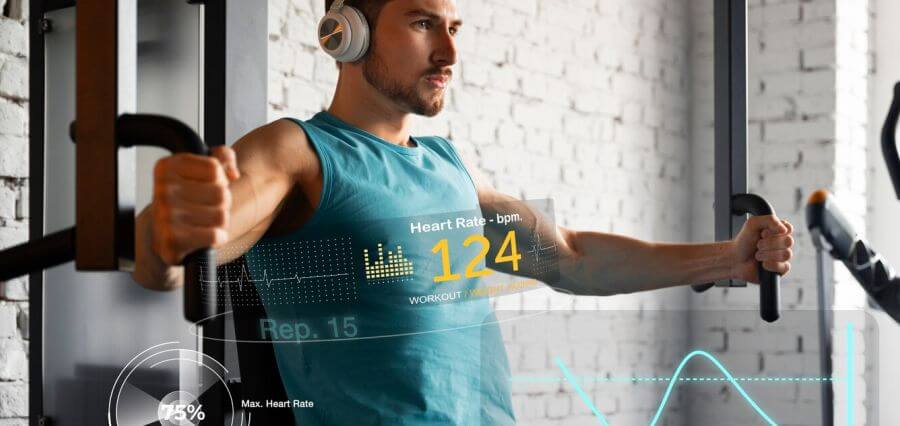
The integration of AI technology in various industries has seen significant advancements in recent years. From banking to logistics, entertainment, manufacturing, retail, and even education fields, AI capabilities have been utilized to enhance efficiency, customer experiences, and decision-making processes.
In the realm of sports, fitness, and wellness, the use of AI in apps and platforms is becoming increasingly popular. Athletes are now leveraging AI technology to enhance their workout routines, training programs, and overall performance. These AI-powered tools provide personalized workout plans, health progress tracking, sports performance analysis, VR and AR workouts, data-driven recovery and injury prevention strategies, and off-field data analytics.
One of the key benefits of AI in sports and fitness is the ability to create personalized workout plans tailored to individual athletes’ needs and goals. By analyzing data such as exercise history, heart rate, sleep patterns, and other relevant metrics, AI algorithms can generate customized workout routines that adapt to the user’s preferences and changing needs over time.
Moreover, AI technology is also being used to track and analyze health progress, providing athletes with valuable insights into their fitness levels and areas where improvement is needed. By analyzing workout data and providing real-time feedback, AI algorithms can help athletes better understand their performance and make informed decisions about their training programs.
In the realm of sports performance analysis, coaches and teams are utilizing AI algorithms to gather and analyze data on players, opponents, and game strategies. This data-driven approach enables teams to make informed decisions about tactics, recruitment, and performance evaluation, ultimately leading to improved results on the field.
Additionally, VR and AR fitness apps are incorporating AI technology to provide users with immersive workout experiences and personalized training recommendations. These apps track workout data and offer interactive features such as gamification, motion tracking, and calorie burn countdowns to enhance the user’s exercise routine.
Furthermore, AI technology is also being used for injury prevention and recovery strategies in professional sports. By analyzing training sessions and exercise routines, AI algorithms can recommend recovery methods such as compression, massage, hydrotherapy, and diet adjustments to help athletes prevent injuries and maintain peak performance levels.
In conclusion, the integration of AI technology in sports, fitness, and wellness apps offers a wide range of benefits for athletes and fitness enthusiasts. From personalized workout plans to health progress tracking, sports performance analysis, VR and AR workouts, injury prevention strategies, and off-field data analytics, AI capabilities are revolutionizing the way athletes train, compete, and recover. With the limitless potential of AI functionalities, athletes can harness the power of technology to enhance their overall well-being and performance.


